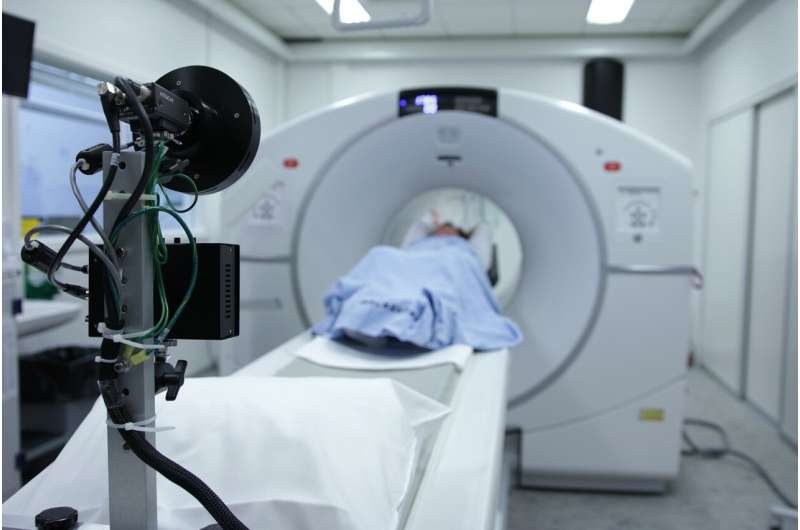The study was published in the journal npj Digital Medicine.
The research highlights a promising and cost-effective alternative to widely known tools like ChatGPT, which are often expensive and may require sending sensitive data to outside servers.
“This is a big win for health care providers and patients,” said Aakriti Pandita, MD, lead author of the study and assistant professor of hospital medicine at the University of Colorado School of Medicine. “We’ve shown that hospitals don’t need pricey or privacy-risky AI systems to get accurate results.”
Doctors often dictate notes or write free-text reports when reviewing medical scans like ultrasounds. These notes are valuable but they are not always in a format that is required for various clinical needs. Structuring this information helps hospitals track patient outcomes, spot trends and conduct research more efficiently. AI tools are increasingly used to make this process faster and more accurate.

